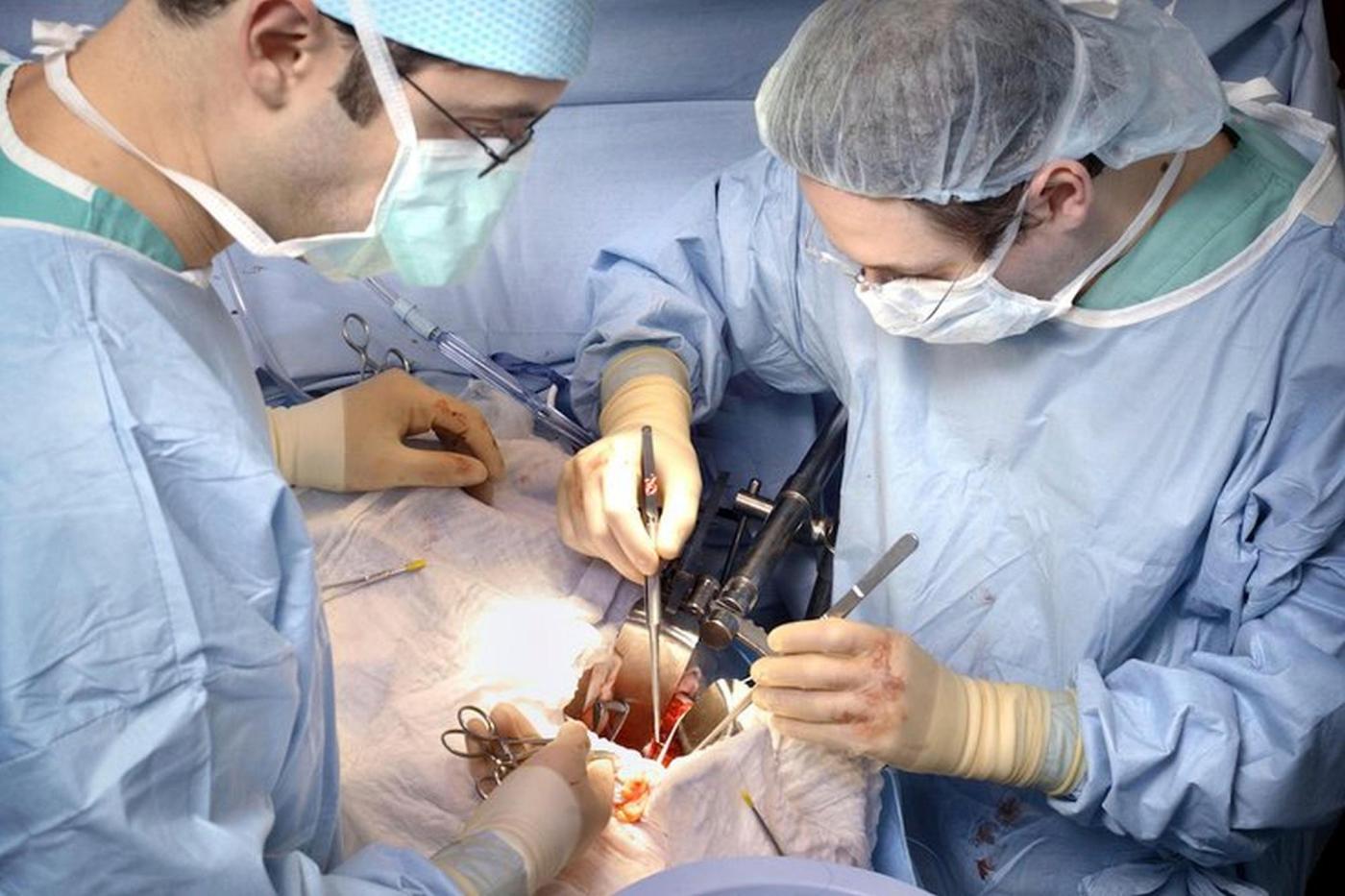
Kidney transplants are safe between people with HIV, new US study shows
By CARLA K. JOHNSON
People with HIV can safely receive donated kidneys from deceased donors with the virus, according to a large study that comes as the U.S. government moves to expand the practice. That could shorten the wait for organs for all, regardless of HIV status.
The new study, published Wednesday in the New England Journal of Medicine, looked at 198 kidney transplants performed across the U.S. Researchers found similar results whether the donated organ came from a person with or without the AIDS virus.
Last month, the Department of Health and Human Services proposed a rule change that would allow these types of kidney and liver transplants outside of research studies. A final rule would apply to both living and deceased donors. If approved, it could take effect in the coming year.
Participants in the study were HIV positive, had kidney failure and agreed to receive an organ from either an HIV-positive deceased donor or an HIV-negative deceased donor, whichever kidney became available first.
Researchers followed the organ recipients for up to four years. They compared the half who received kidneys from HIV-positive donors to those whose kidneys came from donors without HIV.
Both groups had similar high rates of overall survival and low rates of organ rejection. Virus levels rose for 13 patients in the HIV donor group and for four in the other group, mostly tied to patients failing to take HIV medications consistently, and in all cases returned to very low or undetectable levels.
“This demonstrates the safety and the fantastic outcomes that we’re seeing from these transplants,” said study co-author Dr. Dorry Segev of NYU Langone Health.
In 2010, surgeons in South Africa provided the first evidence that using HIV-positive donor organs was safe in people with HIV. But the practice wasn’t allowed in the United States until 2013 when the government lifted a ban and allowed research studies, at the urging of Segev. At first, the studies were with deceased donors. Then in 2019, Segev and others at Johns Hopkins University in Baltimore performed the world’s first kidney transplant from a living donor with HIV to an HIV-positive recipient.
All told, 500 transplants of kidneys and livers from HIV-positive donors have been done in the U.S.
People with HIV have been actively discouraged from signing up to be organ donors by stigma and outdated state laws and policies criminalizing organ donation for people with HIV, said Carrie Foote, a sociology professor at Indiana University in Indianapolis.
Related Articles
Liam Payne, former One Direction member, dies at 31 in Argentina hotel fall
Judge in Trump election case directs prosecutors to turn over info related to Pence documents probe
Listeria recall grows to 12 million pounds of meat and poultry, some of it sent to US schools
Spicy-dish lawsuit by doctor against California restaurant set for jury trial
A full-scale replica of Anne Frank’s hidden annex is heading to New York for an exhibition
“Not only can we help those of us living with this disease, but we free up more organs in the entire organ pool so that those who don’t have HIV can get an organ faster,” said Foote, who is HIV positive and a registered organ donor. “It’s a win-win for everyone.”
More than 90,000 people are on the waiting list for kidney transplants, according to the U.S. Organ Procurement and Transplantation Network. In 2022, more than 4,000 people died waiting for kidneys.
In an editorial in the journal, Dr. Elmi Muller of Stellenbosch University in South Africa predicted the new study will have “far-reaching effects in many countries that do not perform transplantations with these organs.”
“Above all, we have taken yet another step toward fairness and equality for persons living with HIV,” wrote Muller, who pioneered the practice.


